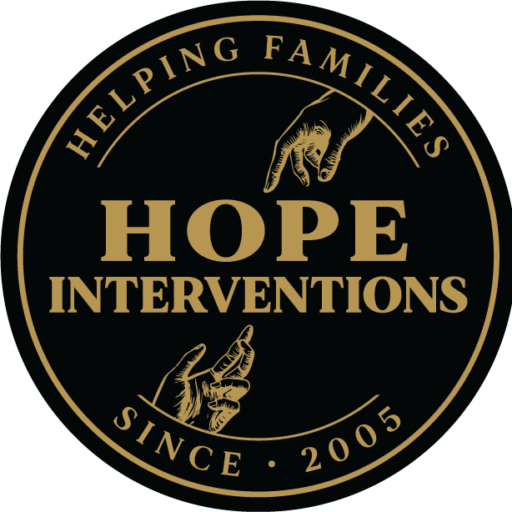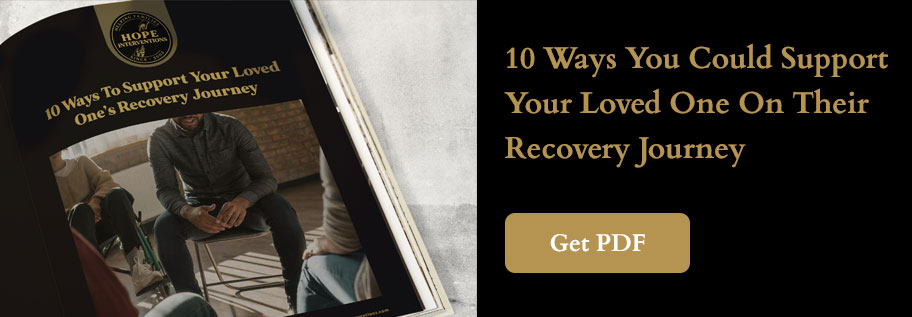Recovery from alcohol, drug use, or mental health challenges is not something anyone should face alone. Support groups provide encouragement, accountability, and community—but with so many options available, families often wonder: “How do we know which group is right for us or our loved one?”
This guide will help you understand the different types of support groups, the factors to consider, and practical tips for choosing the best fit.
Why Support Groups Matter
Support groups offer a safe space to share struggles and victories with others who truly understand. They:
- Provide emotional support and reduce isolation.
- Teach coping skills and relapse prevention strategies.
- Offer accountability to stay focused on recovery.
- Build a sense of community that fosters hope and resilience.
Types of Support Groups
- 12-Step Programs
- Examples: Alcoholics Anonymous (AA), Narcotics Anonymous (NA).
- Focus: Spiritual and peer-based recovery built around structured steps.
- Examples: Alcoholics Anonymous (AA), Narcotics Anonymous (NA).
- Non-12-Step Programs
- Examples: SMART Recovery, LifeRing.
- Focus: Science-based tools, self-empowerment, and behavioral strategies.
- Examples: SMART Recovery, LifeRing.
- Mental Health Support Groups
- Examples: NAMI (National Alliance on Mental Illness).
- Focus: Emotional wellness, coping with depression, anxiety, bipolar disorder, etc.
- Examples: NAMI (National Alliance on Mental Illness).
- Family & Loved Ones’ Groups
- Examples: Al-Anon, Nar-Anon.
- Focus: Supporting families, teaching boundaries, and stopping enabling behaviors.
- Examples: Al-Anon, Nar-Anon.
- Online & Hybrid Groups
- Examples: Zoom meetings from AA, SMART Recovery online forums.
- Focus: Flexible access for rural communities, busy schedules, or privacy concerns.
- Examples: Zoom meetings from AA, SMART Recovery online forums.
How to Choose the Right Support Group
1. Match the Group to Your Needs
- Alcohol-specific groups for those struggling with alcohol use.
- Drug-specific groups like NA for substance recovery.
- Mental health-focused groups for conditions like anxiety or depression.
2. Consider the Program Style
- Spiritual or faith-based: 12-step programs may resonate.
- Secular or science-based: Non-12-step programs may feel more appropriate.
3. Check Accessibility
- Are meetings available locally, online, or both?
- Do they fit your schedule and location?
4. Evaluate the Group Atmosphere
- Does it feel safe, supportive, and welcoming?
- Are members respectful and committed to recovery?
5. Try More Than One
- Not every group is the perfect fit. Sometimes attending 2–3 meetings helps you decide which feels most comfortable and effective.
Tips for Families Choosing a Group
- Don’t be afraid to ask questions before attending.
- Consider whether you need separate family support (like Al-Anon) alongside your loved one’s recovery group.
- Look for groups with a strong track record and positive reputation.
Examples of Trusted Support Groups
- Alcoholics Anonymous (AA) – Global alcohol recovery network.
- Narcotics Anonymous (NA) – Peer support for drug recovery.
- SMART Recovery – Science-based recovery groups.
- NAMI – Mental health support and education.
- Al-Anon – Family and loved ones’ support.
Conclusion
Choosing the right support group for alcohol, drugs, or mental health recovery is a personal decision—but it can be the difference between struggling in isolation and thriving in connection. The right group provides encouragement, accountability, and hope for lasting change.
At Hope Interventions, we not only guide families through interventions but also connect them with trusted support groups that help sustain recovery long after treatment begins.

